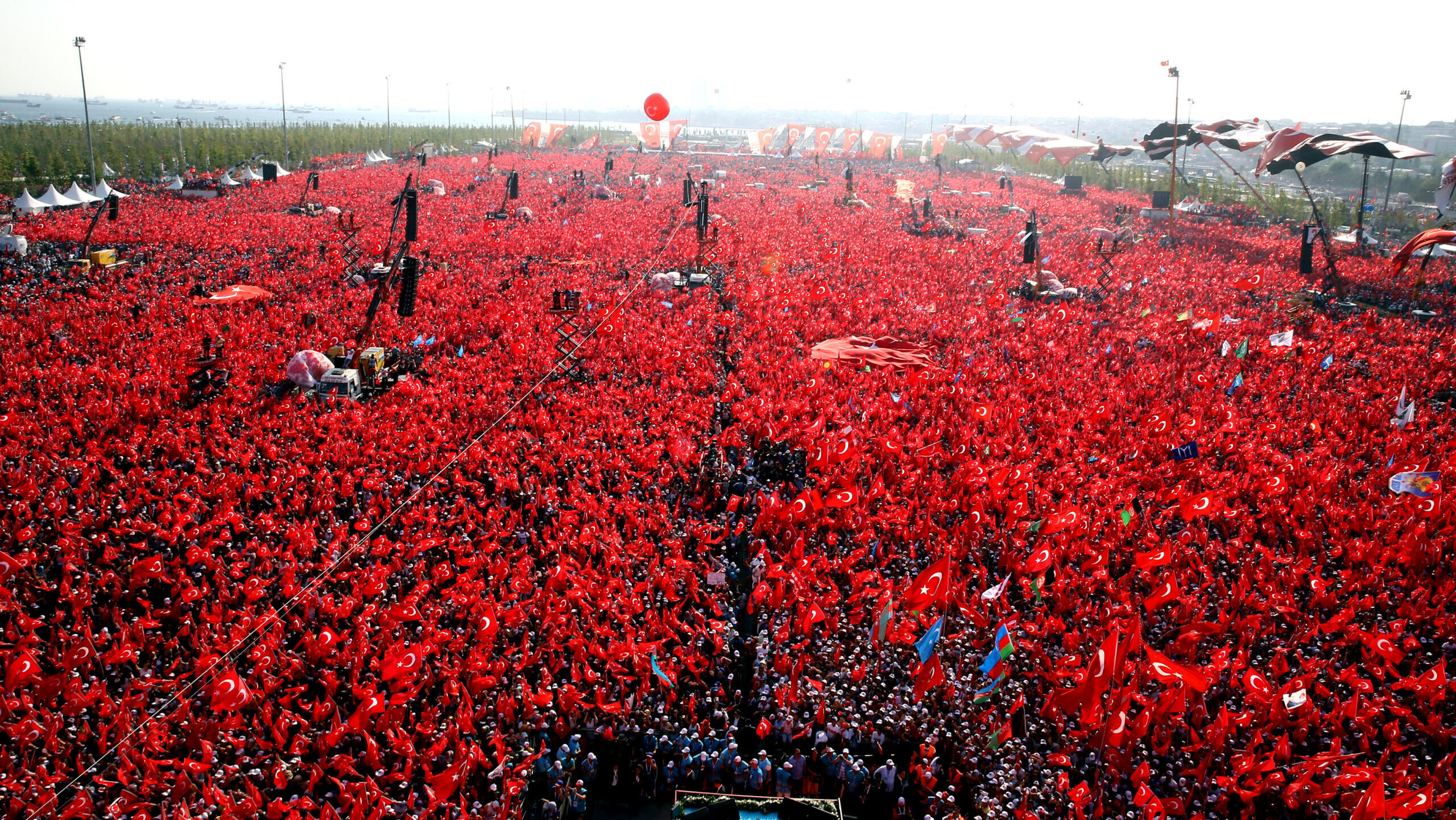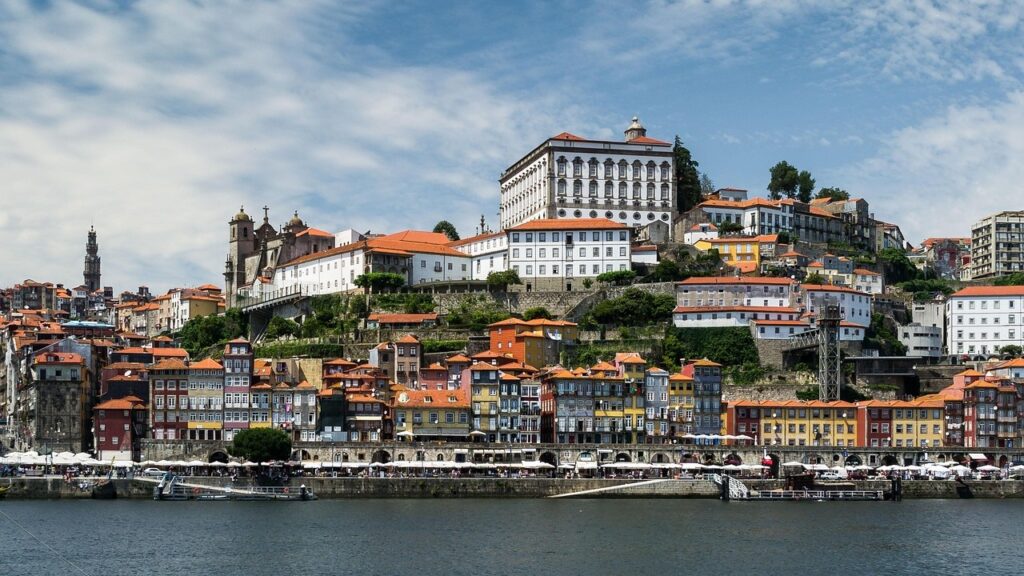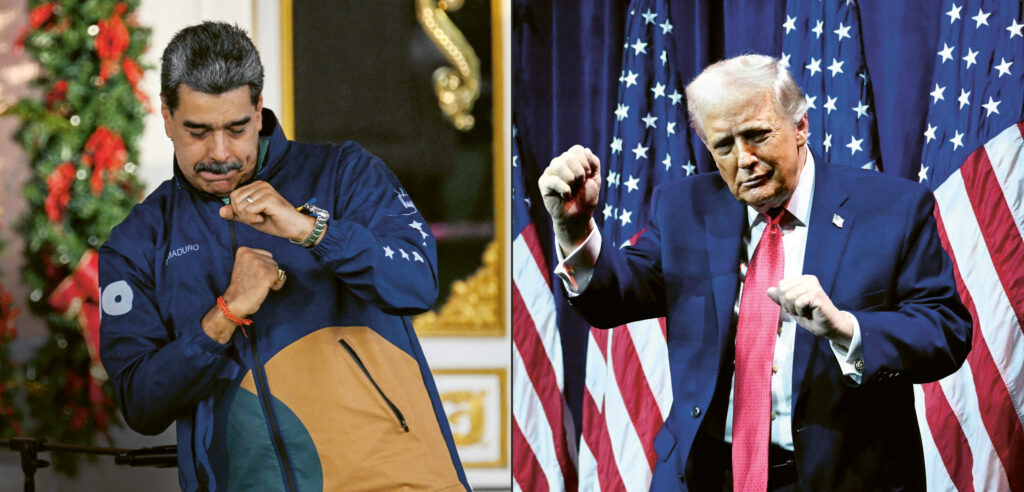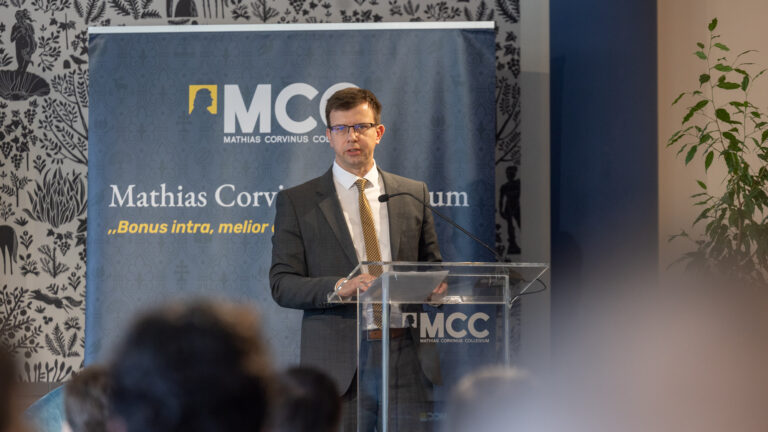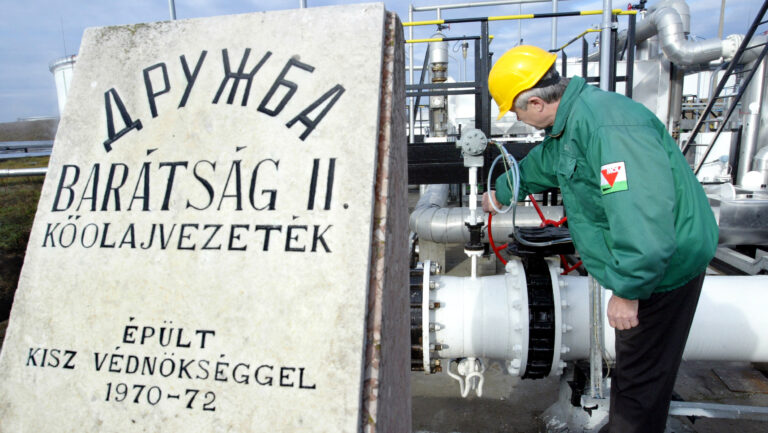15 July 2016 is one of the most significant dates in Türkiye’s modern history, and undoubtedly the most significant in its history of the 21st century. Nine years ago on this very day, Fetullahçı Terör Örgütü (FETÖ), the ‘Gülenist’ movement, designated as a terrorist organization by the Turkish government and led by the late Turkish cleric and former ally of President Recep Tayyip Erdoğan, Fethullah Gülen, attempted to oust Erdoğan from power by means of a classical military coup—an occurrence far from unknown in the country’s 20th-century history.
On the night of 15 July 2016, a military faction known as the ‘Peace at Home Council’, backed by FETÖ commanders, initiated a violent coup. They seized key infrastructure— bridges in Istanbul, the Grand National Assembly (bombed eleven times), the Presidential Complex, and media outlets—and even launched air force and naval attacks. President Erdoğan narrowly escaped an assassination attempt in Marmaris. Nevertheless, due to premature execution and leadership confusion, the coup lacked coordination.
The turning point, however, came when Erdoğan pleaded with the Turkish people via FaceTime, live televised—a move which mobilized millions of civilians. Unarmed citizens blocked tanks, confronted troops, and reclaimed strategic locations. By dawn, the coup had collapsed. The official count was 253 killed and over 2,700 wounded.
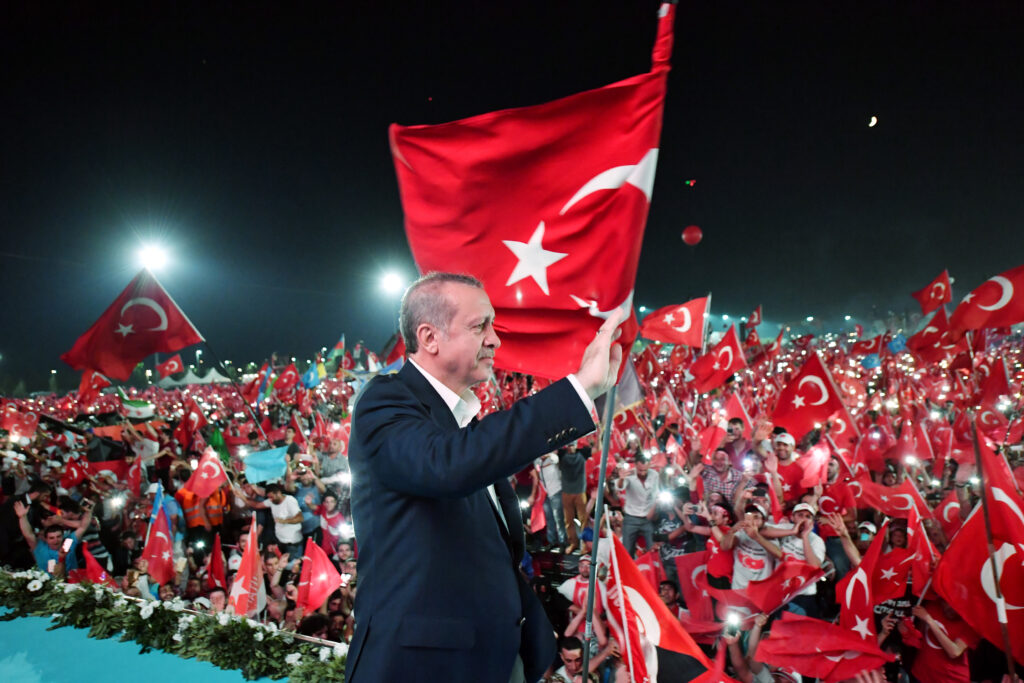
In response, the government declared a two-year state of emergency, purging tens of thousands of soldiers, judges, prosecutors, civil servants, academics, and teachers with alleged FETÖ ties. Parliament established the OHAL Commission to review appeals. According to official figures, over 48,000 officials were suspended and more than 15,000 detained in the aftermath of the coup. This also led to a further deterioration in US–Turkish relations, as the two leaderships clashed over the extradition of Gülen, who had lived in exile in the United States until his death last year. Several Western governments, including the United Kingdom, also criticized the perceived lack of transparency regarding investigations in the aftermath of the coup.
Name of Victory: Türkiye
15 July has since become a symbol of the defence of democracy in Türkiye. According to surveys conducted after the coup attempt, citizens took to the streets primarily for their country, democracy, unity, and the elected government. Major rallies organized in the aftermath such as the 7 August Yenikapı Democracy and Martyrs Rally—symbolized national unity, bringing together political leaders from rival parties and religious communities, all denouncing the coup and terrorism.This year, on the ninth anniversary of the coup attempt, the Turkish presidency is organizing one of the country’s largest media events, involving 200 international and domestic journalists—and Hungarian Conservative has also received an invitation. The programme spans from 14 to 18 July, with events taking place at several different locations to present what 15 July means to the Turkish people.
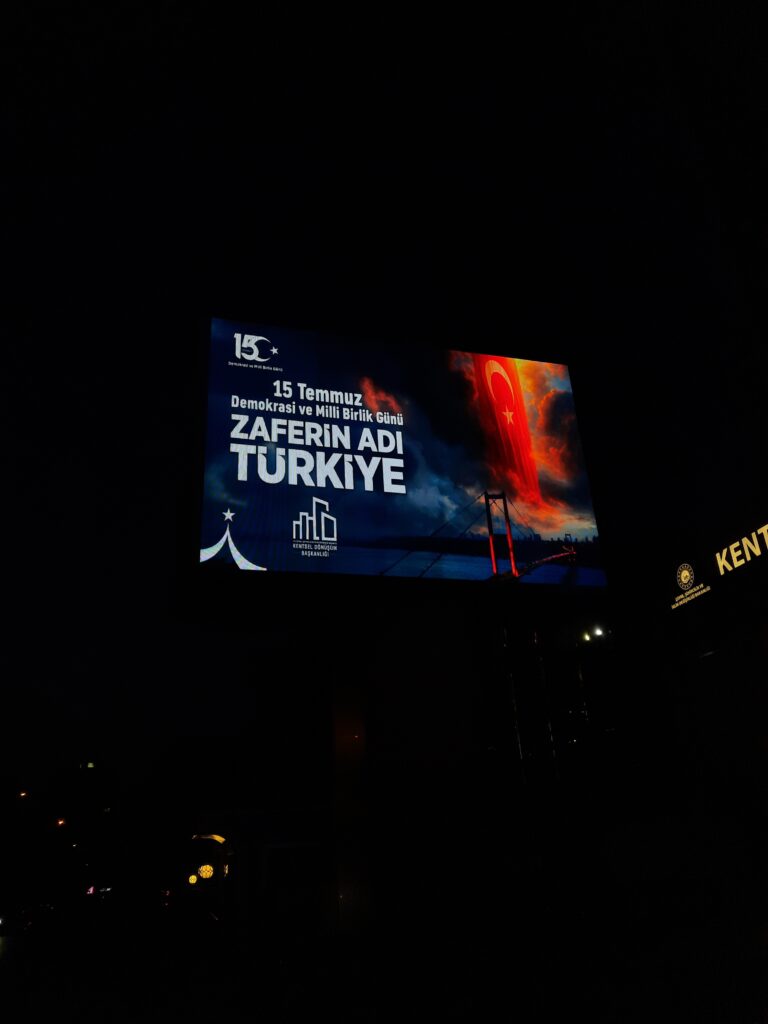
Under the theme of ‘Name of Victory: Türkiye’, planned visits include the Presidential Complex, the 15 July Democracy Museum, the Turkish Grand National Assembly, the 15 July Memory Museum, and the Istanbul Governorship offices. National events such as Turkuvaz Media’s museum talks emphasize sacrifice and solidarity. President Erdoğan is scheduled to attend a commemoration ceremony at the site of the Special Operations Command of Turkish police in Ankara. The complex was heavily bombarded by putschists during the coup attempt, and 44 people inside were killed.
Related articles:

